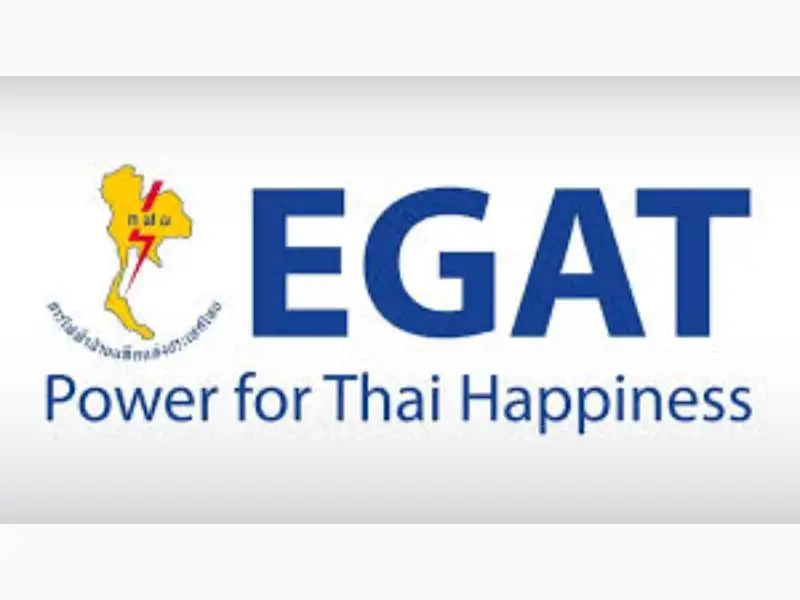- EGAT is Thailand’s state-owned enterprise responsible for electricity generation and nationwide transmission to utilities and neighbouring countries.
- It operates 45 power plants and prioritises sustainable, safe, and efficient energy production across the country.
EGAT: Mission and operations
EGAT‘s primary mission encompasses electricity generation, acquisition, and sales to MEA, PEA, certain direct customers as permitted by law, and neighboring countries. Additionally, EGAT engages in related businesses as stipulated by the EGAT Act.
Also read: TNB, Keppel, and SP PowerAssets drive ASEAN’s multilateral power trade
Also read: Amazon, Google, and Meta support tripling nuclear power by 2050
EGAT: Power generation and transmission
EGAT’s infrastructure includes three thermal power plants, six combined cycle power plants, 24 hydropower plants, eight renewable energy plants, and four diesel power plants. As of May 2018, EGAT produced 37% of Thailand’s electricity, with the remainder generated by independent power producers and imports. The organization’s transmission system plays a crucial role in delivering electric energy from producers to end-users, thereby facilitating widespread access to essential utilities.
EGAT: Commitment to sustainability
Beyond its core mission, EGAT is dedicated to sustainable and efficient operations. The organization adheres to regulations and laws concerning quality, safety, health, and environmental standards, ensuring that its activities contribute positively to Thailand’s economic and social development.

